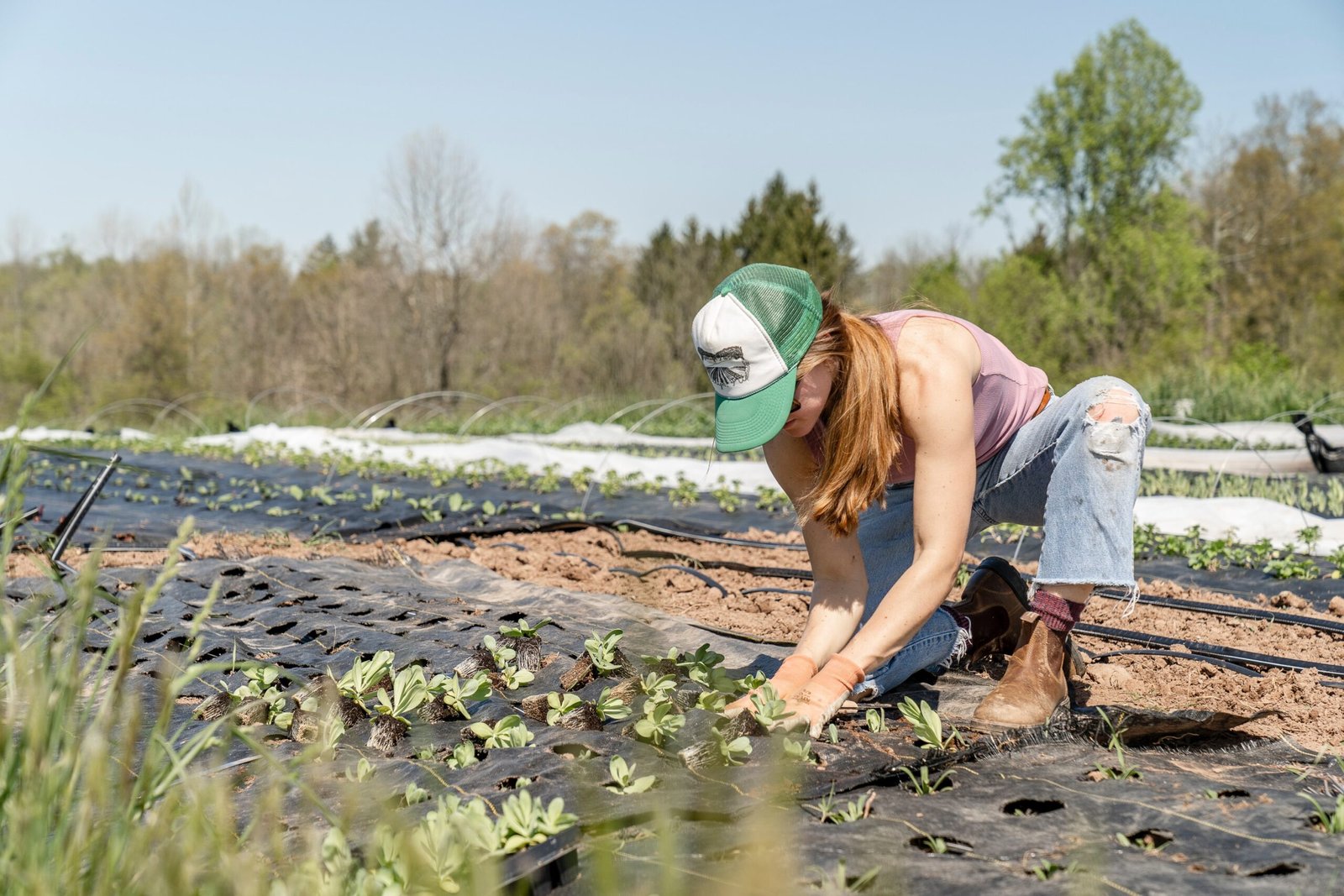The Importance of Sustainable Agriculture
Sustainable agriculture is a practice that aims to meet the needs of the present generation without compromising the ability of future generations to meet their own needs. With the growing global population and increasing concerns about climate change, it has become essential to adopt sustainable farming practices that minimize environmental impact while maximizing productivity.
The Green Revolution, which began in the mid-20th century, brought significant advancements in agriculture that enabled countries to increase food production and alleviate hunger. However, it also had detrimental effects on the environment due to the overuse of chemicals and intensive farming methods. As a result, there has been a shift towards sustainable agriculture, focusing on innovative techniques that promote long-term ecological balance.
Innovations in Sustainable Agriculture
1. Organic Farming: Organic farming eliminates the use of synthetic fertilizers and pesticides, relying instead on natural methods to control pests and improve soil fertility. This reduces the risk of chemical runoff and contamination of water sources, making it more environmentally friendly.
2. Precision Agriculture: Precision agriculture involves the use of technology to optimize farming practices. Sensors, drones, and GPS systems are used to collect data on soil conditions, water levels, and crop health. This data is then analyzed to make informed decisions regarding irrigation, fertilizer application, and pest control. By minimizing inputs and maximizing efficiency, precision agriculture reduces environmental impact.
3. Agroforestry: Agroforestry combines the benefits of agriculture and forestry by integrating trees and crops on the same piece of land. The trees provide shade, prevent soil erosion, and improve biodiversity, while the crops provide food and income. This approach promotes sustainable land use and enhances ecosystem services.
4. Hydroponics: Hydroponics is a soilless farming technique that involves growing plants in nutrient-rich water solutions. This method uses less water and land compared to traditional farming, making it more sustainable. Hydroponics also allows for year-round cultivation and higher crop yields.
5. Vertical Farming: Vertical farming utilizes vertical space to grow crops in stacked layers, often in urban areas. By using hydroponics, LED lights, and climate control systems, vertical farms can optimize growing conditions and reduce resource consumption. This method reduces the need for transportation and minimizes the environmental impact of food production.
The Benefits of Sustainable Agriculture
1. Environmental Conservation: Sustainable agriculture practices help protect natural resources such as soil, water, and biodiversity. By minimizing chemical use, preventing soil erosion, and promoting biodiversity, sustainable farming contributes to ecosystem conservation and climate change mitigation.
2. Food Security: By adopting sustainable farming practices, countries can ensure long-term food security. Sustainable agriculture focuses on maximizing productivity while minimizing resource use, making it more resilient to climate change impacts and ensuring a stable food supply for future generations.
3. Economic Opportunities: Sustainable agriculture creates economic opportunities for farmers and rural communities. By diversifying crops, implementing organic farming methods, and adopting innovative technologies, farmers can increase their income and improve their livelihoods.
💰 Powerful Spells for Wealth & Prosperity
Attract money, success, and financial abundance with real magic spells that bring results fast.
Conclusion
The Green Revolution brought significant advancements in agriculture, but it also had negative impacts on the environment. As the world faces the challenges of climate change and a growing population, sustainable agriculture has become a necessity. Innovations such as organic farming, precision agriculture, agroforestry, hydroponics, and vertical farming offer promising solutions that promote ecological balance and food security. By embracing these innovative practices, we can build a more sustainable future for agriculture and ensure the well-being of both people and the planet.






